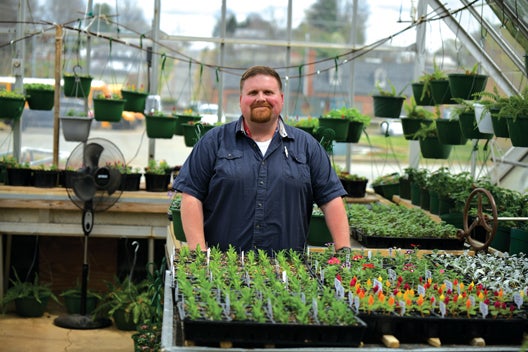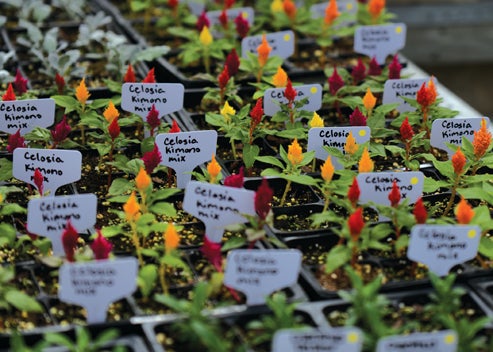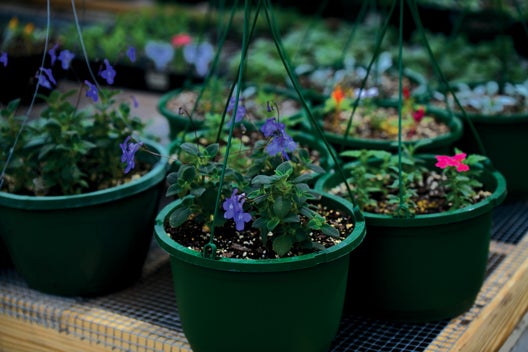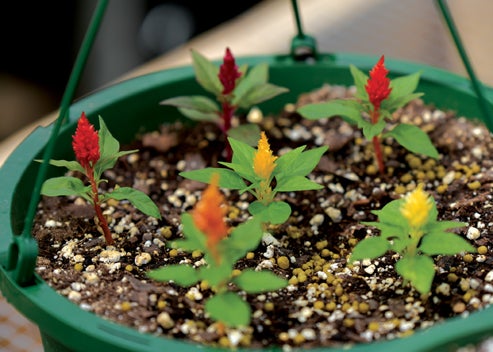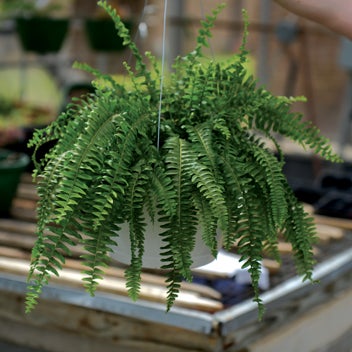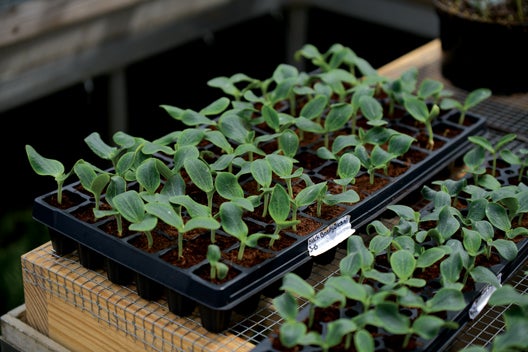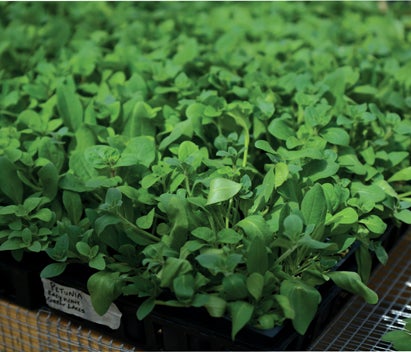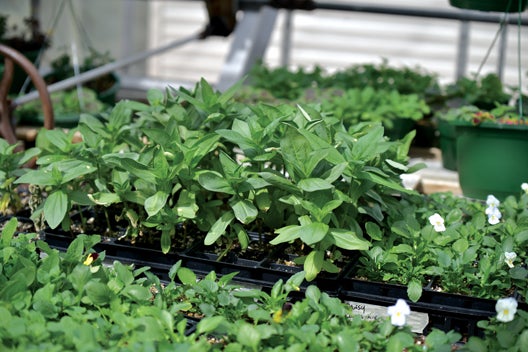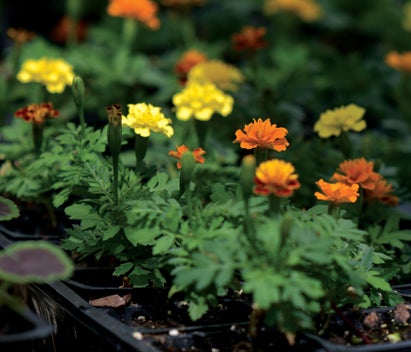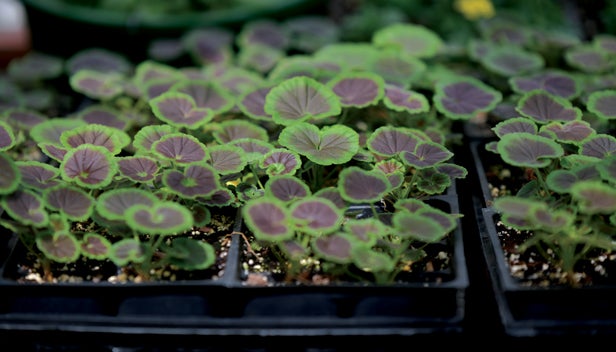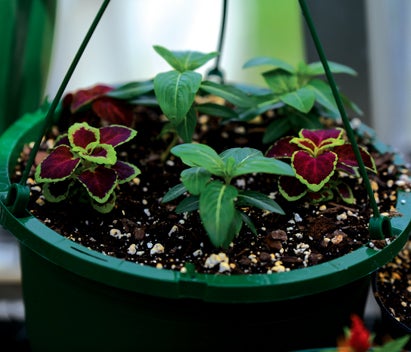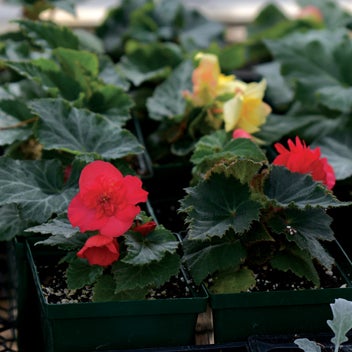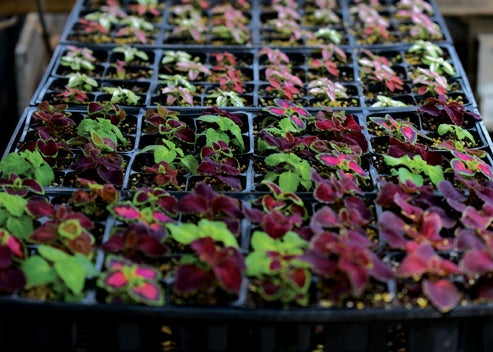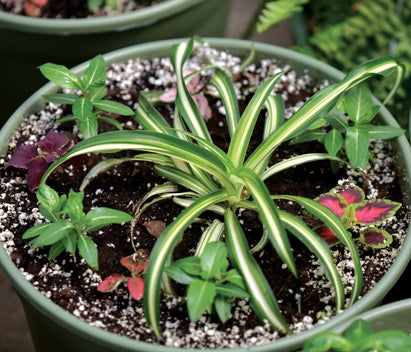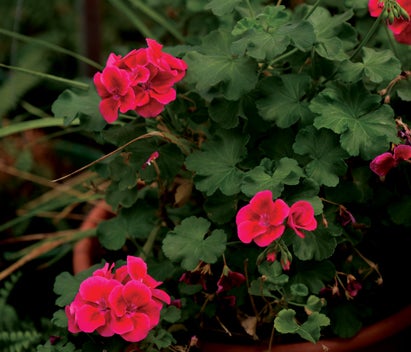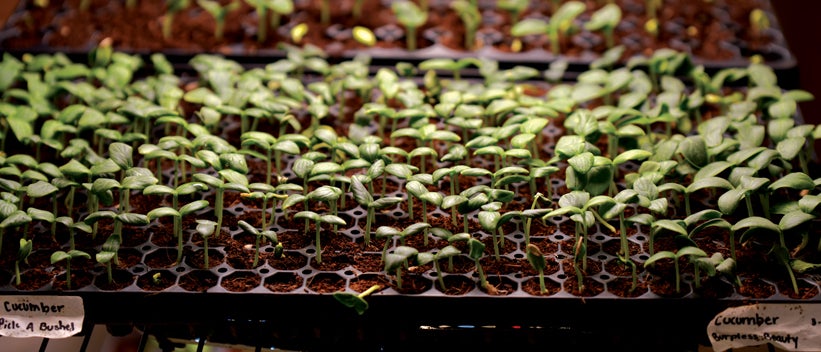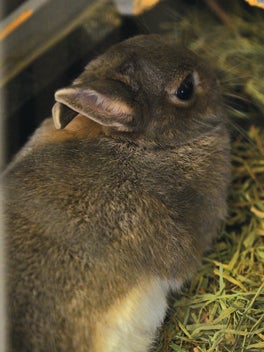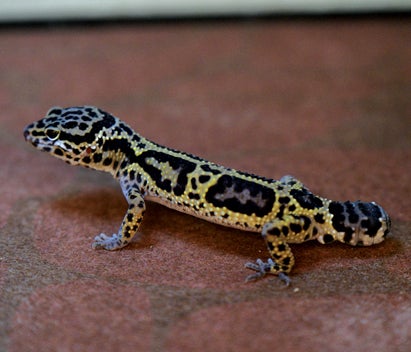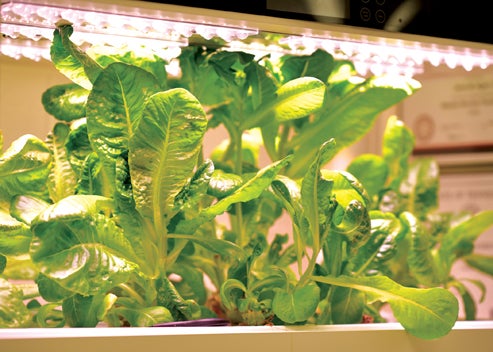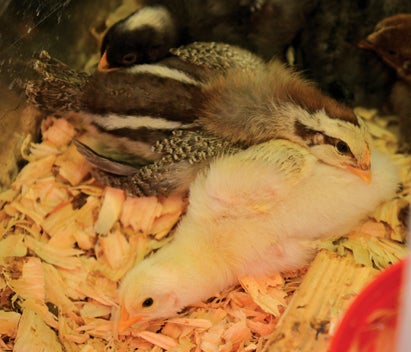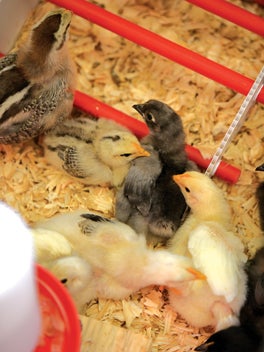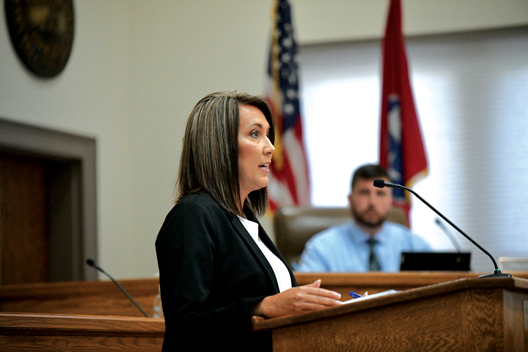A hands-on approach… Elizabethton Agriculture classes learning through application
Published 4:19 pm Friday, March 26, 2021
|
Getting your Trinity Audio player ready...
|
BY IVAN SANDERS
STAR STAFF
ivan.sanders@elizabethton.com
We have all been there — sitting in a classroom as a teacher spends the full class in lecture and taking notes while our minds are ten miles away on the closest river bank trying to land that big old channel cat or largemouth bass.
It’s something that is not uncommon as one can take a less-than-performing student in say an Algebra class and put him in a class where he can get his hands dirty so to speak and it’s like a new switch to a light bulb has been turned on.
It’s that type of learning that motivated Elizabethton High School Agriculture teacher Jerry Agan to pursue a degree in Agriculture with a concentration in education so he could help be a chain puller to turn on as many light bulbs in the minds of his students that he could.
A graduate of Unaka High School and Tennessee Technological University in Cookeville, Agan was heading to Texas Tech to pursue his Master’s degree when Johnson County High School reached out needing someone to take over the Ag Mechanics shop in Mountain City.
Agan completed six years at Johnson County and came to Elizabethton High School at the start of the school year and so far he is happy he made the change.
The Agriculture instructor’s first piece of business with his classes is to get them to lock into what he is trying to accomplish within the walls of the classroom.
“One of the first things that I try to get my student’s attention on is that everybody eats and everybody wears clothing and because of that, everybody is involved in agriculture,” Agan shared.
“Students nowadays and even some adults have it in their mind that they go to the grocery store and that is where their food comes from like they have cows out back and chickens laying eggs.
“They have no idea that it takes a lot of manpower and a lot of know-how to get their food — a good, healthy, sustainable food supply to their grocery store.”
With that in mind, Agan wants to make sure his students are informed consumers and wants them to understand what their food is, where their food comes from, and maybe even how they can feed themselves especially after the year that we have had after quarantine.
It’s not uncommon when out on a drive to see people who are interested in gardening and having chickens and things like that just to be able to supply themselves and their families with healthy food.
So how do you get young people to become interested in something such as Agriculture when even adults have shied away from gardening and raising small livestock.
“For me, the first step is to get their hands in the soil,” Agan said. “It is so fun and we have been working on growing our vegetable plants and we have tomatoes, squash, and cucumbers and those students got to take that seed and put it in the soil.
“And now after a couple of weeks, there is a plant growing and in a couple more months there is going to be an actual vegetable they can eat.
“That to me is exciting and to see 14 and 15-year-old students come in and from what looks like nothing a vegetable they can eat comes out of that.”
Not only have the students learned the process of growing flowers and vegetables from seed, they have also learned the finer aspect of incubation of chicken eggs to hatch.
“It’s exciting and the chickens that we have incubated — the eggs were donated to us by a farmer and the students were involved in putting the eggs in the incubator. They got to help throughout the entire process, they were here when the chickens hatched and so the whole process from start to finish the students were involved in,” Agan stated.
One thing that has also changed from the time of our great-grandfathers, grandfathers, and even fathers is that most young people do not understand the term ownership and what it truly means.
“I think it’s that ownership whether it is in the classroom or ownership if you have a garden at home you know where that food comes from,” Agan stated.
“I think all career-technical education is vital to be hands-on. The FFA (Future Farmers of America) motto is Learning to Do, Doing to Learn, Earning to Live, Living to Serve. We believe true education starts when you can apply the knowledge that you have.
“It’s one thing to learn but it’s another thing to do something and that’s really the beauty of these classes back here — the agriculture classes — and it’s not just us, it’s nursing, it’s auto mechanics, it’s aviation, it’s all of us.
“We take what they learn in all their other classes and we put it to application back here,” Agan continued. “Kids may hate math but they can come back here and calculate fertilizer rate. They may hate English and writing papers but then they sit down and start reading about how to plant seeds, how to take care of animals, and those kinds of things and they realize that hey, maybe education is not all that bad after all.”
A very special time is coming up in April when the flower and vegetable seed that the students have been caring for will be sold to the public to help raise funds for the next school year to purchase more supplies.
“The EHS students are excited to announce that the Elizabethton FFA Greenhouse will officially open April 19. Our hours will be from 1-3 p.m. Monday-Friday and will be open from 8-12 noon Saturday, April 24. Please check out the Elizabethton FFA Facebook and Instagram page for more details and for an online order form,” Agan shared about the plant sales.”
When Agan reached the high school to start preparing things for the new year, he soon discovered that the greenhouse was empty and void of any life as the plants that were growing last year had died and dried up.
That left the educator and his students to start from scratch but to walk into the greenhouse area now, one wouldn’t have believed that to be the case.
Hearty, beautiful plants are growing in cups ready to plant while the students also have prepared hanging baskets and floor pots with colorful plants and healthy, full ferns that will be available to purchase.
There are still more opportunities for this year’s classes to participate including one that has NASA ties.
“One of the more interesting things that I guess that we are going to get to do this spring is we have this thing called a Farmbot,” Agan added.
“It is actually a computer, robotic farming system. You put it on a raised bed and program it.
“I am going to be working with Mr. Clevinger down in the programming department. You tell that robot when to water the plants when to weed, it has got a little camera on there and it’s pretty awesome.
“That is the same system that NASA is thinking about using on Mars and it is open source and is available to our students so when I can blend technology and agriculture that is a go for me because that it’s what students are going to be looking at.”
One of the main things being an educator has shown Agan is that classes today are not conducive for the job market outside the four walls of the school.
If teaching does stay ahead, then when students come out they are going to be too far behind to catch up.
“We don’t train students for jobs on the market right now. I am trying to train students for jobs that are going to be available in 10 years because that’s when they are going to be here,” Agan said.
“If I am training students for jobs now, by the time they get into the job market they are going to be underserved. They are not going to be trained as they should be.
“I am so blessed because I teach something fun.”


